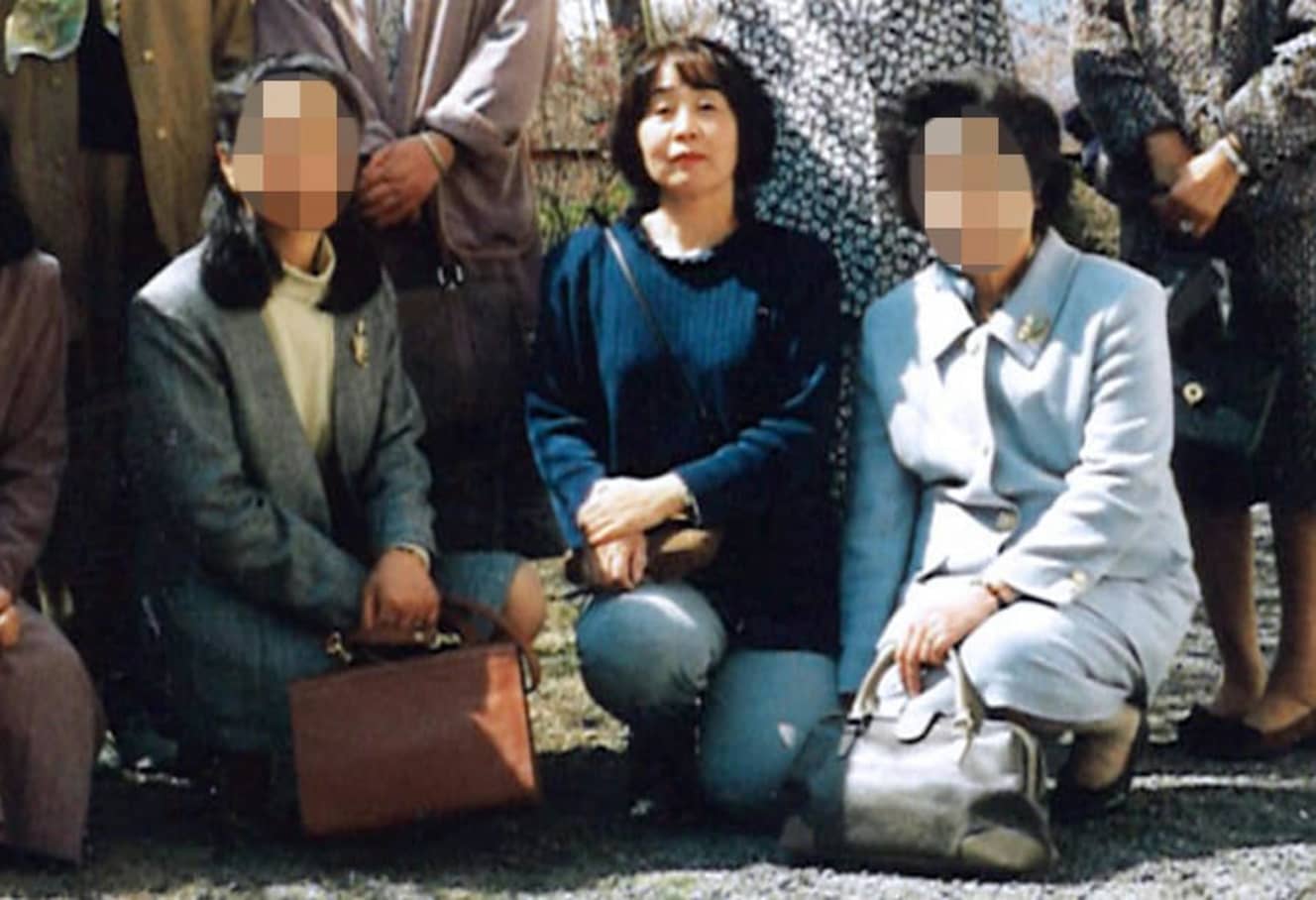Unexpectedly, she died of illness… “Her humanity” revealed by a former live-in partner of Chisako Kakei, a death row inmate in the cyanide serial suspicious death case.
On December 26, TBS reported the death of death row inmate Chisako Kakehi, 78.
The cause of death is believed to be illness. Kakehi was convicted of murdering her husband and four elderly men she was dating by forcing them to drink a highly poisonous cyanide compound, killing three of them. He was sentenced to death in both the first and second trials, and in 2009 the Supreme Court rejected his appeal, confirming his death sentence.
In September 2010, Mr. Kakehi filed a request for a retrial in the Hyogo case with the Kyoto District Court. However, the case was dismissed in March of this year. An immediate appeal was filed and the case is currently being heard by the Osaka High Court.
FRIDAY Digital” published an interview with her former boyfriend in August 2009, when she was sentenced to death. The article is reproduced below (with age and title as they were at the time).
She was a smart woman anyway. That is why she was able to play the image of a woman that men wanted. In fact, she even boasted of this. She could be a wench, a refined wife, or anything else. She also studied for it. She read a tremendous number of books, from philosophy and economics to cookbooks.

Chisako Kakehi, 74, was convicted of forcing her husband, her boyfriend, and four other men to drink a cyanide compound and killing three of them in Kyoto, Osaka, and Hyogo between 2007 and 2001. The Supreme Court rejected her appeal on June 29, 2009, and her death sentence became final.
Kakehi is also known as a “poison wife” because her husband and other men with whom she was in a common-law relationship, including the three accused of the crimes, died suspiciously one after another. Why did she commit such heinous crimes that the Supreme Court declared that she had “a marked disregard for human life?
The person who made the statement at the beginning of this article is Mr. A, 75, a writer. We explored his past and true face based on his testimony.
I met Chisako around the summer of 1997. I met Chisako in the summer around 1997. She was at a blind date party organized by a marriage counselor. Chisako was about to turn 50 at the time.
Born in ’46, Kakei grew up in Kitakyushu City, Fukuoka Prefecture, and after graduating from the prestigious Tochiku High School, he went to work at a local branch of Sumitomo Bank. Her husband, a printing company manager whom she married in 1969, died in ’94. At that time, she was reportedly in debt for over 20 million yen.
”We developed a relationship soon after we met; we dated for a month or two and started living together in my apartment in the fall, when she moved in with an expensive sofa, a library of books, and a large number of potted plants. It was around this time that Chisako revealed to me that we were also from Kitakyushu.
At the time, Chisako was earning money by working as a sort of mediator, using a false name to introduce men to women. She once received a phone call from a yakuza-like man, but Chisako answered the call without hesitation. I thought she was a woman with a big heart.
The life she shared with Kakei was truly a life of love.
What I remember most vividly is that she was very good on the floor. She was good at sensing what a man wanted, rather than just liking sex. Sometimes she would spoil him, sometimes she would be on top of him. It’s embarrassing to say, but we got physical every day while we lived together.”
Although Kakei rarely talked about his past, except about his hometown, he was once told about his history with a man in a bedtime story.
She said, “She told me that the man she had dated before me only earned 180,000 yen from his pension, and that she had a relationship with a landowner but they broke up because he was uneducated.”
Her cohabitation with Mr. A came to an end after less than a year. The reason for this, he says, was a conversation about money.
At the time, I was running a landscaping business in addition to my writing business, and my property was managed by my sister. When I told this to Chisako, she looked disappointed, saying, ‘I can’t believe you left it to your sister. Also, once Chisako sprained her ankle when I took her to a mountain I owned, and since then she has been insisting, ‘Give me the money for my medical treatment. I was fed up, and about a year after we moved in together, I told him I was breaking up with her, and he slapped me three or four times and left.
After that, Kakei went to marriage agencies and matchmaking parties, scavenged for men, and repeatedly befriended and married people who died. It is said that Kakei’s inheritance totaled 1 billion yen.
Mr. A, a fortunate survivor, describes her human nature.
Looking back, she bought dollars and euros, and had paintings and antiques. I think she trusted him only with money. But I don’t think money was the only reason he committed the crimes. Chisako, myself included, looked down on men. I don’t think she felt guilty about taking low-level men in hand.”
If she really thought her boyfriend’s life was light, Kakei’s crime is too serious.

From the July 23, 2021 issue of FRIDAY
PHOTO: Kei Kato (1st photo)